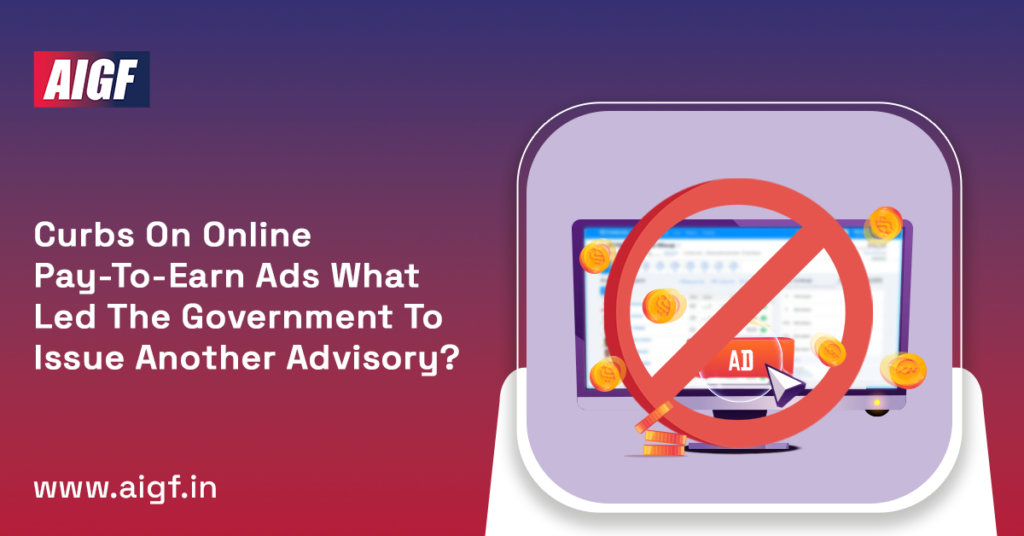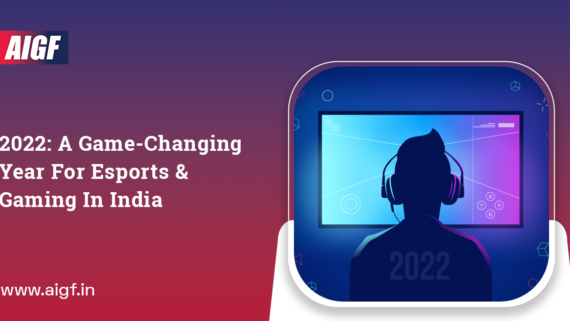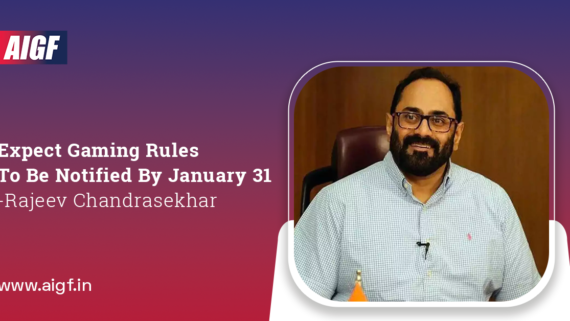According to experts, the Ministry of Information and Broadcasting is issuing its second advisory on online pay-to-earn ads in four months due to high ad spending and rampant marketing across television and digital media.
Curbs On Online Pay-To-Earn Ads: What Led The Government To Issue Another Advisory?
According to experts, the Ministry of Information and Broadcasting is issuing its second advisory on online pay-to-earn ads in four months due to high ad spending and rampant marketing across television and digital media.
Online pay-to-earn platforms spend Rs 3,500 crore annually on ads across TV and digital media, according to Roland Landers, CEO of the All India Gaming Federation (AIGF). He said that marketing expenditures can go up to Rs 5,000 crore, including spending on sponsorships and influencer marketing.
In the recent six months, Rs 1,000 crore was spent on influencer marketing by online pay-to-earn platforms, alongside the exchange application Binomo, said Shahir Muneer, founder, and director of a digital entertainment organization. He said that online pay-to-earn platforms are among the main 50 brands spending on influencers and competing with top brands like Amazon and Byju’s.
Targeting sporting events
Landers said that pay-to-earn platforms focus much of their advertising on broadcasts of live cricket, Kabaddi, and football events.
Pay-to-earn platforms are significant spenders in the ongoing advertising market with regard to sports properties and amount to more than 20% of the overall ad spend, noted Suji. “As these platforms make up most of the ads that are displayed during almost all major sports in India, a drop in marketing spends by these brands will impact the ad revenues of sports properties,” he added.
Suji gauges that there will be a less than 10% effect on overall advertising expenditure in the event that pay-to-earn platforms cut down on advertisement spending.
Nonetheless, a few advertisers note that ad expenditure (ADEX) by pay-to-earn platforms isn’t taken into consideration in India’s total ADEX, which remained at around Rs 74,000 crore last year, as per a Pitch Madison 2022 report.
Riding on celebrities and influencers
“After sports, the pay-to-earn applications’ second-most noteworthy ad spend is on celebrity endorsement and influencer marketing,” said Rohit Agarwal, Founder and Director, of Alpha Zegus, a gaming and lifestyle marketing agency.
Online pay-to-earn platforms, which depend on surrogate advertising as the majority of them are unlawful in India, work as sports news portals. For example, the pay-to-earn application FairPlay has FairPlay News, and Parimatch has Parimatch News. What’s more, these platforms have enlisted big names over the past couple of years to promote their brands.
FairPlay News has Bollywood and sports big names, including Ranbir Kapoor, Kiara Advani, Saina Nehwal, Mary Kom, and Mithali Raj, endorsing the brand. Parimatch News has, over the most recent two years, roped in Dinesh Karthik and Elli Avrram as brand ambassadors.
Pointing to the strong spending power the pay-to-earn apps have as they are located offshore and pay no taxes in India, Landers said that they have now directly started sponsoring teams and sporting events, including the Indian Premier League (IPL) and Pro Kabaddi League (PKL).
“These pay-to-earn platforms are spending a lot of money on advertising to target Indian consumers,” he said.
Suji added that the pay-to-earn sites have been advancing themselves for the sake of gaming.
Landers pointed out that consumers may not be aware of the legal differences between skill-based gaming and illegal pay-to-earn, and this is often exploited by offshore pay-to-earn websites to draw Indian users to their platforms.
There were 390 million gamers in India last year, and it is anticipated to increase to more than 450 million by 2023, according to an EY 2022 report.
Pay-to-earn platforms pose a financial and socio-economic risk for consumers, which was noted in the government’s recent advisory, said Landers. They can be controlled by reducing the amount of money flowing to them from India and prohibiting advertising directed at Indian consumers, he added.
However, there could be issues in compliance with the government’s directives. More stringent sanctions against this kind of advertising will be necessary, Landers added.
Credit: Money Control











Comments
Comments are closed.